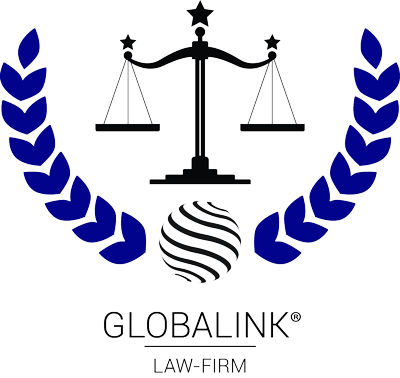- Have a question?
- +84 908 173 988
- tienvu.globalinklaw@gmail.com
5 Steps for Legal Review of Commercial Contracts

1. Identify the Type of Contract and Relevant Legal Provisions
- Determine the type of contract to apply the appropriate legal framework, such as:
- Civil Code 2015
- Commercial Law 2005
- Related specialized laws and regulations.
2. Verify the Legal Capacity of Contracting Parties
-
For individuals:
- The individual signing the contract must have full legal capacity and civil act capacity as prescribed by law.
-
For organizations:
- Verify legal entity status (business license, corporate seal, etc.).
- Check the authority of the legal representative/authorized representative signing the contract (title, power of attorney, scope of authority, etc.).
- Confirm the authenticity of signatures and seals on the contract.
- Verify compliance with licensing requirements for specific fields such as transportation, finance, accounting, law, banking, etc.
3. Review the Contract Content
-
Contract subject matter:
- Clearly and comprehensively describe the subject matter (goods, products, services, quality, warranty, exemption rates, etc.).
- Ensure it does not violate the law or prohibited regulations.
-
Price and payment:
- Agree on clear and appropriate pricing (fixed or variable).
- Review payment methods, deadlines, and conditions.
-
Performance timeline:
- Check the contract’s term, effective date, and conditions for extension or renewal.
-
Rights and obligations of the parties:
- Ensure full compliance with obligations to avoid contractual breaches.
-
Transportation:
- Specify transportation methods, cost responsibilities of each party, risk transfer timing, inspection processes, and complaint procedures if necessary.
-
Penalties and damages:
- Ensure this clause complies with the Commercial Law (maximum penalty of 8% of the breached obligation’s value).
- Include obligations to notify the other party of any violations.
-
Termination/Cancellation of the contract:
- Review conditions, circumstances for termination or cancellation, legal consequences, and responsibilities of the parties.
-
Force majeure/hardship circumstances:
- Clearly define force majeure or hardship circumstances for exemption from obligations.
- Specify measures to mitigate risks in such cases.
-
Supplementary clauses:
- Review additional clauses to protect the parties’ rights (security measures, product warranties, goods insurance, confidentiality clauses, etc.).
-
Disputes:
- Clearly stipulate the choice of commercial arbitration or court jurisdiction.
- Ensure arbitration clauses comply with the rules of the selected arbitration center.
- Consider location and governing law.
4. Review and Retain Contract-Related Documents
- Verify and store all documents and evidence accompanying the contract, such as:
- Business licenses, conditional licenses, or professional practice licenses.
- Purchase orders, framework agreements, delivery records, and evidence of asset ownership.
5. Contract Form
- Ensure the contract form complies with legal requirements: written form, notarization, or other applicable forms.
Important Notes:
- During the signing and performance of the contract, retain all contracts and related documents to serve as evidence in case of disputes.
- Archive signatures, handwritten notes, and mutual confirmations via email or written correspondence.



